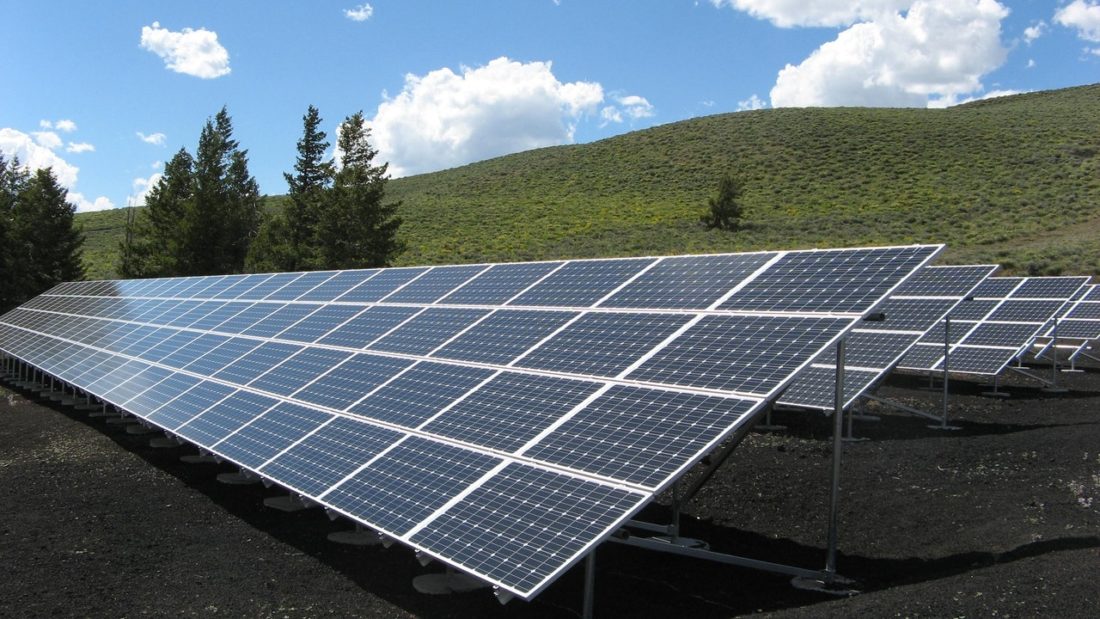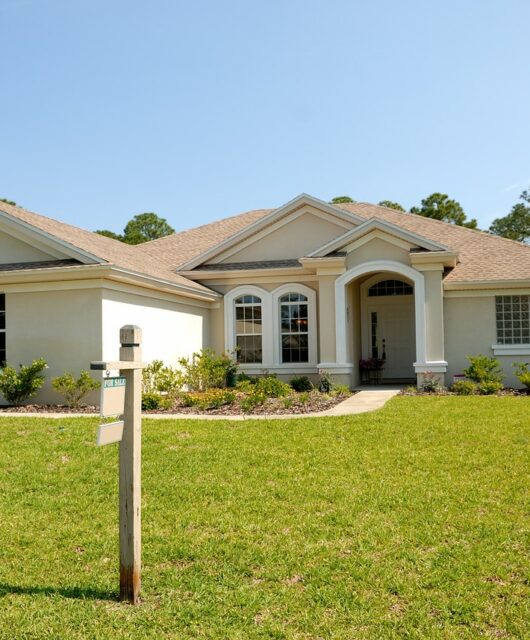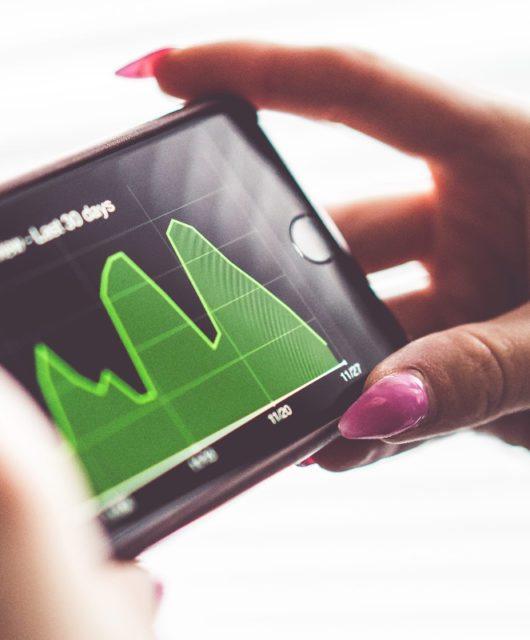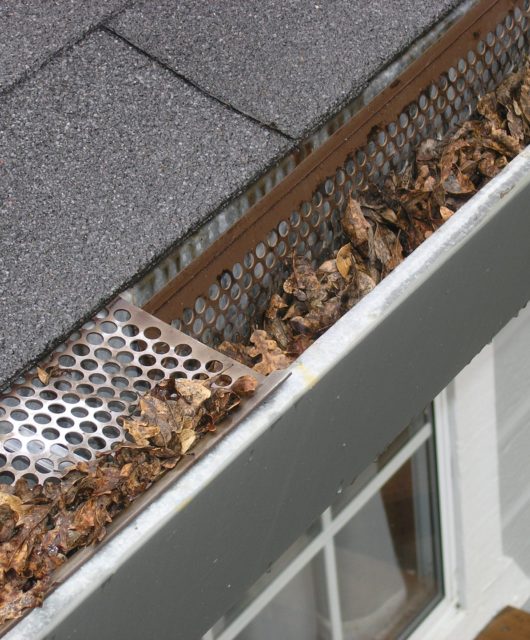Homeowners: 3 Important Considerations Before Installing Solar Power
 Government agencies have been offering incentives to install solar panels for years. These incentives include rebates and tax breaks among other cost-saving deals. For example, the Federal Solar Tax Credit allows homeowners to deduct 26% of the total cost of their system after just one year.
Government agencies have been offering incentives to install solar panels for years. These incentives include rebates and tax breaks among other cost-saving deals. For example, the Federal Solar Tax Credit allows homeowners to deduct 26% of the total cost of their system after just one year.
Since the cost of installing solar can be high, solar incentive programs sound like a deal too good to pass up. Who wouldn’t want to use green energy and get long-term cost savings? While solar power will save money long-term, you might be shocked to learn solar panels require regular upkeep.
If you’re considering installing solar panels to power your home, you’re making a decision that will save money and help save the planet. However, consider the following factors before making the commitment.
1. Be prepared to clean and maintain your solar panels
Get ready to clean your solar panels on a regular basis, even if you have to hire someone else to do the job. Dirty solar panels won’t capture adequate sunlight. Experts estimate that dirty solar panels reduce efficiency by up to 30%.
Capturing less sunlight reduces the amount of power your panels will produce. Even a light coat of dust will reduce the amount of energy a panel can capture. Common contaminants like dirt, dust, bird droppings, mold, and mildew all obstruct the sunlight and diminish a panel’s efficiency.
Another issue you may not be aware of is how extreme heat can affect solar panels. Solar panels lose efficiency when temperatures reach above 90 degrees Fahrenheit. To create airflow, solar panels are mounted on a rack, and elevated above the ground or roof where they’re installed. The rack mount is susceptible to damage from rain, snow, wind, and severe weather like ice storms. Your rack requires regular inspections to look for signs of damage or corrosion.
Regular inspections are not optional
As a solar panel owner, you’ll need to perform regular inspections, maintenance, and cleaning. You might be able to get ongoing inspections from the company you buy your system from. If you’re the DIY type, you might be tempted to perform your own maintenance. However, unless you’re a licensed electrician experienced with solar panels, it’s best to hire an expert.
2. You’ll need a storage batter for optimal performance
To get the most out of your solar panels, you need a battery to store the unused energy. Otherwise, you’ll lose the energy you don’t use.
There are many ways to store solar energy, but lithium batteries seem to be the most popular method. Lithium-ion batteries are cheaper than other storage systems and work well despite having a smaller storage capacity. In fact, energy.gov reported that lithium-ion battery storage systems “accounted for 89% of all new energy storage capacity installed in 2015.”
Think of it this way: When the sun goes down, you can’t generate fresh power. Without an energy storage system, you can’t keep important appliances running all night like refrigerators and freezers.
Be prepared to pay a few thousand dollars for a good battery storage system and be cautious of unknown brands. The Tesla Powerwall, for example, is a popular choice for homeowners due to brand reliability but it will cost just under $10,000 for a basic system and installation.
3. You can’t always power an entire house with solar power
There are solar power systems on the market that will power an entire house, but those systems aren’t budget-friendly. Why the huge cost? Solar systems that can power an entire house, including large appliances, includes more than just solar panels. These systems also include high-tech, high capacity batteries for storing power. Even then, it’s not guaranteed.
Homes that are powered solely by solar energy are generally smaller homes designed for off-grid living with great insulation, combustion heating systems, and propane-powered appliances like stoves, water heaters, and refrigerators. Homes built in the city for grid life aren’t easy to power with solar alone.
Large appliances, like HVAC systems, require more power than most solar power systems can provide. You’ll probably need a whole-house generator system to power a standard HVAC unit.
If your home was built for city life, unless you have tens of thousands of dollars for your solar installation, expect your electric bills to be reduced rather than eliminated.
Calculate your cost savings before committing
Before committing to a solar panel system, calculate the money you’ll save over the course of 10 and 20 years. You may find that it’s not worth the investment. Or, you might not care about the cost savings and you just want to do your part to go green. Either way, crunch the numbers so you know what to expect.









